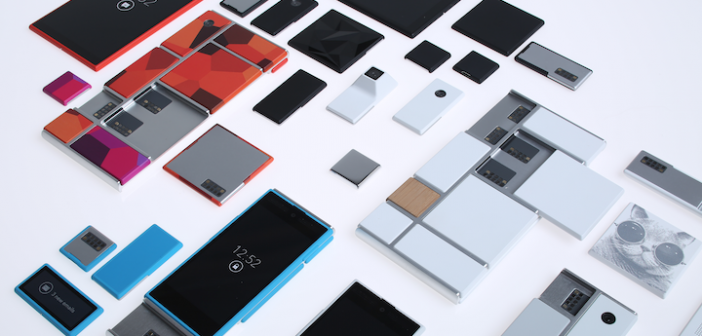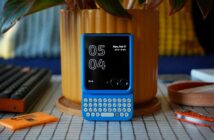Google has confirmed Puerto Rico will be its first destination for the Project Ara modular smartphone, using the country as a market pilot for the modular launch.
Puerto Rico is not exactly San Francisco when it comes to electronics, but it has enough adoption to give Google valid feedback on Project Ara, especially considering the base unit will cost less than $50 (£32).
The main interest on Project Ara is how Google will integrate the store, recycling and replacements into the modular smartphone. Will users be able to upgrade whenever they want, and will other electronics companies work with Google on modular pieces.
It would be awesome if Phillips worked on an audio piece, Sharp offered a 4K LCD panel, Qualcomm added its Snapdragon 810 and Nvidia had its own GPU, but something tells us the opening modules will be a lot less exciting, and some companies will not work with Google.
The advantages of a modular system for component manufacturers is replaceability, users might get bored of their Qualcomm processor and switch to an Nvidia in six months, simply to test the water, and may buy more than one module to compare speeds.
However, it also brings a disadvantage, especially in component areas where competition is minimal or one company stands out. Qualcomm, for instance, works with almost every smartphone provider and has established connections MediaTek and Nvidia cannot.
Google does have a lot of connections in the mobile industry however, meaning Project Ara may have a few big companies partnering in the early stages.
The test in Puerto Rico will last a few months, and after Google analyses all feedback it will begin the full launch worldwide. Google has still left a lot of features undisclosed, meaning the tech press may have to flock to Puerto Rico to get hands on with Project Ara.


